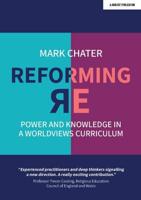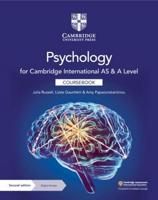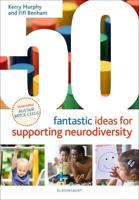Publisher's Synopsis
This book provides state-of-the-art contemporary research insights into key applications and processes in open world learning. Open world learning seeks to understand access to education, structures, and the presence of dialogue and support systems. It explores how the application of open world and educational technologies can be used to create opportunities for open and high-quality education.
Presenting ground-breaking research from an award winning Leverhulme doctoral training programme, the book provides several integrated and cohesive perspectives of the affordances and limitations of open world learning. The chapters feature a wide range of open world learning topics, ranging from theoretical and methodological discussions to empirical demonstrations of how open world learning can be effectively implemented, evaluated, and used to inform theory and practice. The book brings together a range of innovative uses of technology and practice in open world learning from 387,134 learners and educators learning and working in 136 unique learning contexts across the globe and considers the enablers and disablers of openness in learning, ethical and privacy implications, and how open world learning can be used to foster inclusive approaches to learning across educational sectors, disciplines and countries.
The book is unique in exploring the complex, contradictory and multi-disciplinary nature of open world learning at an international level and will be of great interest to academics, researchers, professionals, and policy makers in the field of education technology, e-learning and digital education.
The Open Access version of this book, available at www.taylorfrancis.com, has been made available under a Creative Commons Attribution-Non Commercial-No Derivatives 4.0 license.











